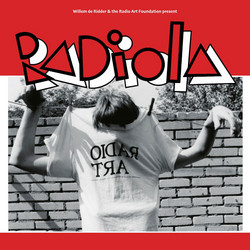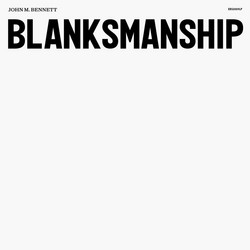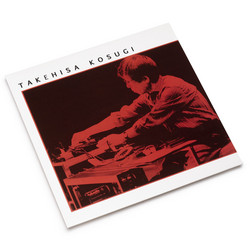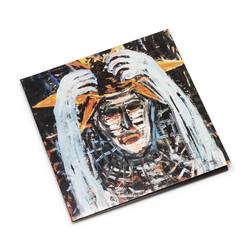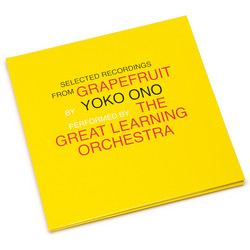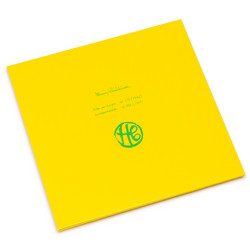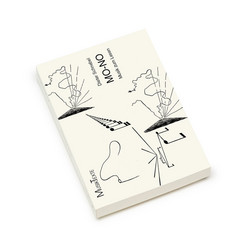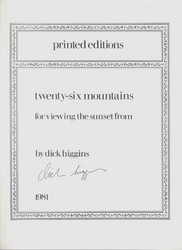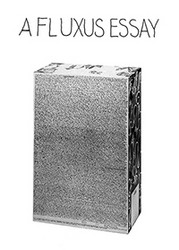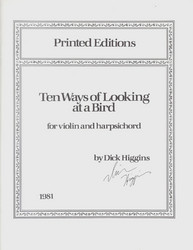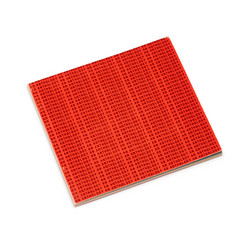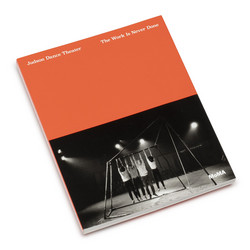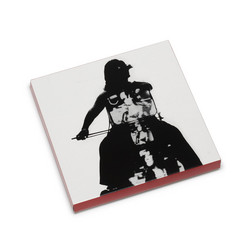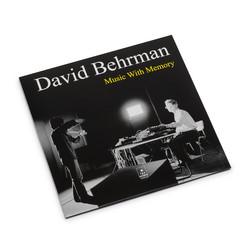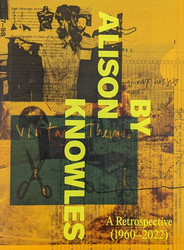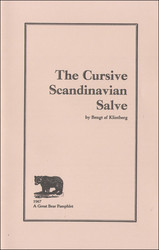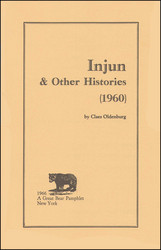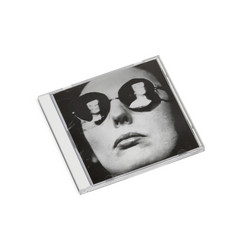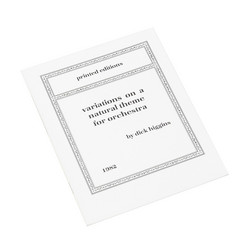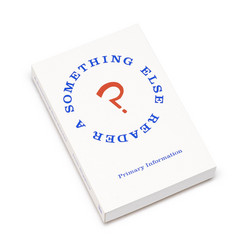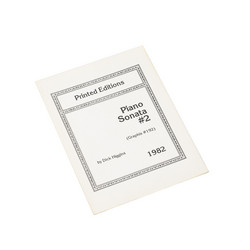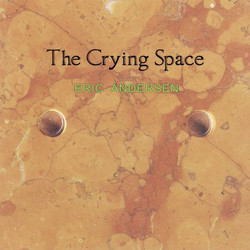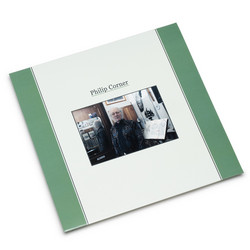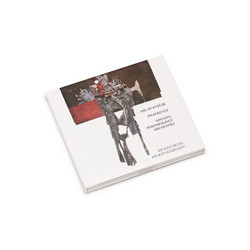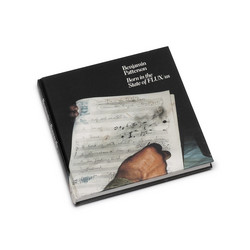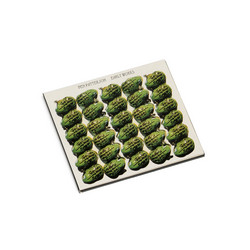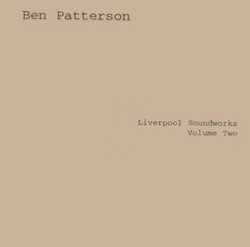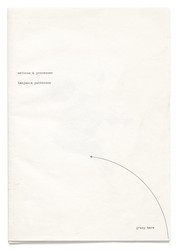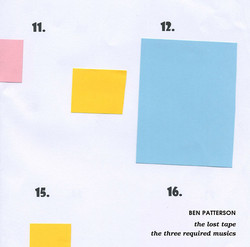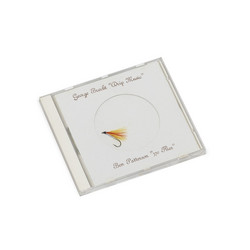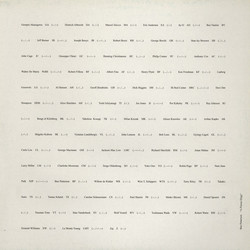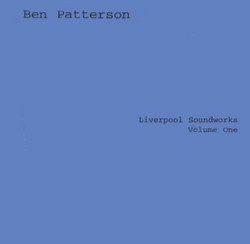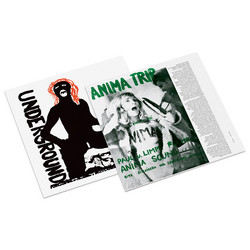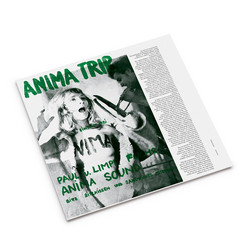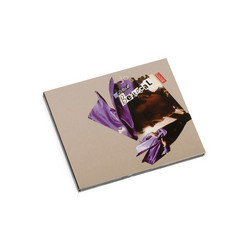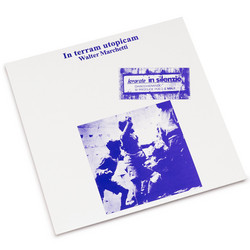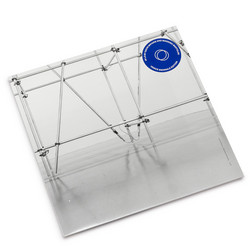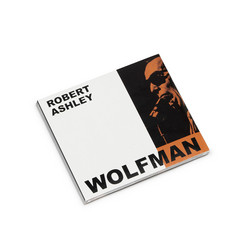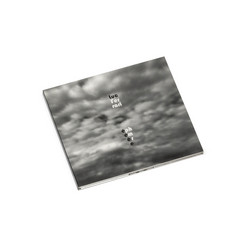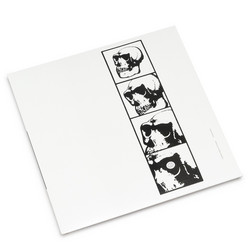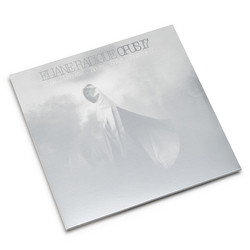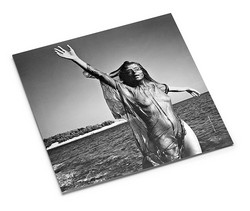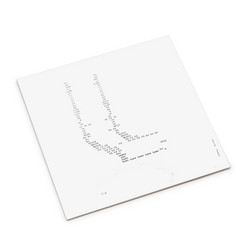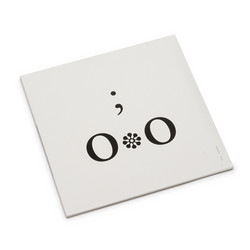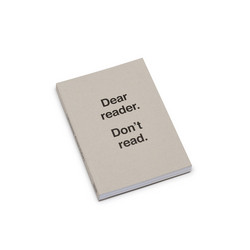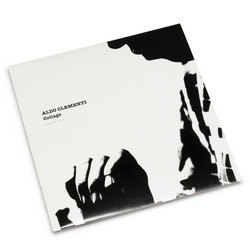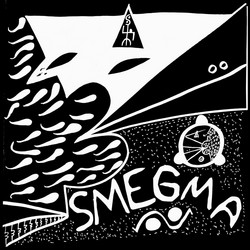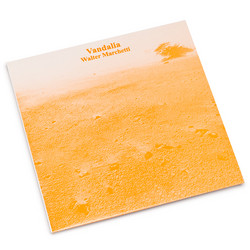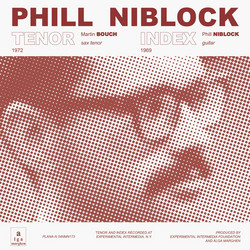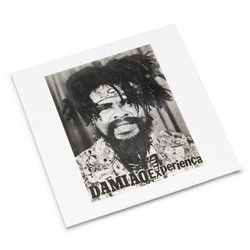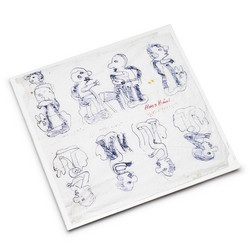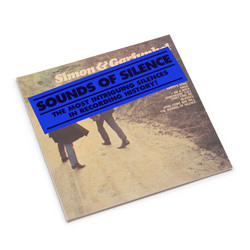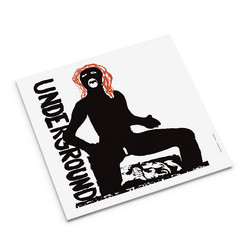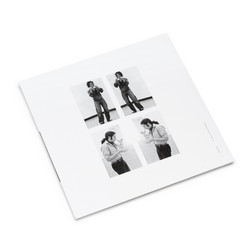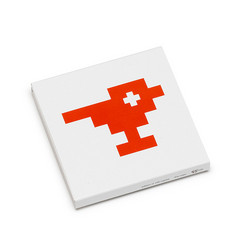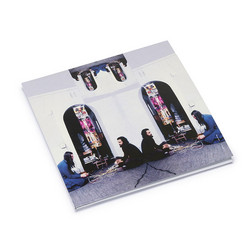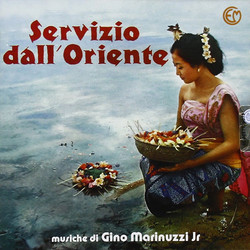Published for the opening of Ben Patterson's first large retrospective exhibition at the Contemporary Art Museum in Houston, this double CD anthology includes both historical recordings taken from the Early Works, from 370 Flies CDs as well as the first digital version of the no longer available LP titled A Fluxus Elegy and a previously-unpublished track. The first CD starts with the first-ever recording of "Ants" (1960), one of Ben Patterson's first graphic scores, pre-dating the Fluxus group. Also included in this CD are two essential 1961 documents: "Duo for Voice and a String Instrument" and "Variations for Double-bass," both recorded in concert at the Galerie Parnass in 1962; this event has special historic significance in that it included the first public presentation by George Maciunas of his Fluxus manifesto and plans for the Wiesbaden Fluxus Festival. Two more tracks titled "Paper Piece" (1960), the work that cut the umbilical cord to all of the author's previous classical and contemporary musical training and experience, and "Pond" (1962), a piece that reminds of Richard Maxfield's electronic music with voice collage, see the collaboration of Philip Corner, Walter Marchetti and Davide Mosconi.
The second CD includes works such as "A Simple Opera" (1995), a repetitive homage to Emmett Willons on his 70th birthday, also recorded in collaboration with Philip Corner, Walter Marchetti and Davide Mosconi; "370 Flies" (2003) for electronic loops and voice; as well as "A Fluxus Elegy" (2006), previously-issued on Alga Marghen's VocSon LP series and based on the basic principles of the polyphonic music of the Bantu tribes of West and Central Africa, applied to the initials of artists listed in Fluxus: The Most Radical and Experimental Art Movement of the Sixties, through encoding them in basic International Morse Code. Starting as a virtuoso double-bass performer of classical music, Ben Patterson was one of the very first founders of the Fluxus Group in Wiesban. This digipak CD will introduce you to some American neo-avant garde music classics, a crossover between John Cage's exploding influences and the experimental art atmosphere of the early 1960s in Europe.
Includes a 4-page folded insert with liner notes, the original score, as well as performance photos and the program from the 1962 concert at Galerie Parnass, Wuppertal.
